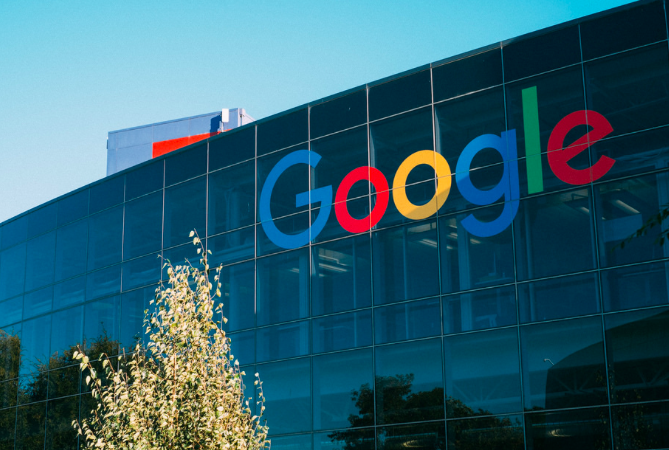Small and medium sized British tech companies are increasingly eaten up by giant global competitors. We need to support them if we're to survive economically.

Following the fall of Sterling against other major currencies since Brexit, British companies are firmly in the shop window of foreign corporations and investors. To survive post-Brexit, we need to be supporting small and medium sized businesses, not watching their sell-off.
It is over nine months since Kraft Heinz dropped its £115bn bid of Unilever in what would have been the UK’s largest ever corporate takeover.
Warren Buffett’s’ amorous overtures to Unilever, the home of well-loved brands such as Marmite, Flora and Persil, was not welcomed with open arms in Westminster. Politicians of all sides were publicly troubled by the prospect of “fire sales” of British businesses post-Brexit, and rightly so.
Meanwhile, the acquisitions of ARM Holdings, Skyscanner and Magic Pony, all promising technology companies, since the referendum were scarcely granted much significant media coverage and political attention at all.
Last year was a record year for mergers and acquisitions in the UK technology sector, boosted mainly by the £24bn takeover of ARM Holdings, the semiconductor and software design company, by Japan’s SoftBank.
Skyscanner was acquired by Chinese online travel agent Ctrip and the acquisition of Magic Pony, a machine learning company sold to Twitter. More recently in 2017, the British online insurer Simply Business was acquired for US$490m to US insurance group Travelers.
While the existing shareholders of these companies would have been pleased with the returns following these transactions, in taking a longer-term view, who knows how significant and valuable they could have eventually of became with a few more years of high growth and profitable reinvestment?
A prominent example is Facebook; Mark Zuckerberg was offered US$1bn to sell the company to Yahoo! in 2007. However, the offer appears to be cheap in hindsight when compared to its current US$520bn market value and its place as the fifth largest company in the world by market value.
Closer to home in the UK, we have vibrant ecosystems of startups in London, Manchester, Birmingham, Edinburgh and many others cities but we have nothing that can hold a torch to the global powerhouses of Apple, Alphabet, Microsoft, Amazon and Facebook – the collective market value is approximately US$3.3 trillion.
To give you a sense of the scale in play, adjusting for currency, the market value of these five companies alone is almost the same size as the entire UK stock market.
Increasingly, the technological changes within markets today appears to be accelerating as product cycles shorten and traditional barriers to entry such as retail, distribution and media networks are disintermediated by online-only, direct to consumer offerings.
Binary outcomes are becoming more commonplace as companies are forced to either dominate their niche, be acquired, or fail as the economics of networks and platforms creates “winner takes all” industries.
Contrary to the laws of traditional economics where industries converge towards perfect competition, these are inherently monopolising forces where small players can be squeezed out or acquired before they make even a penny of profit.
Given the wealth and power of these companies is outshining the wealth of nations, the UK government needs to be more active and smarter in supporting firms in making that ever-widening jump from a successful small and medium-sized technology businesses to global leadership up there with the best in the world.
A more significant focus on strategic support for promising industrial clusters, encouraging broader employee ownership of technology companies, and more robust public interest tests regarding foreign acquisitions of British technology companies would be welcome.
As Britain exits the European Union, we need to earn our crust. Like Marmite, today’s technological juggernauts appear to be either loved or hated but irrespective of the emotions they cannot be ignored — for Britain to prosper in tomorrow’s world, we need to champion our tech companies.
To reach hundreds of thousands of new readers we need to grow our donor base substantially.
That's why in 2024, we are seeking to generate 150 additional regular donors to support Left Foot Forward's work.
We still need another 117 people to donate to hit the target. You can help. Donate today.



